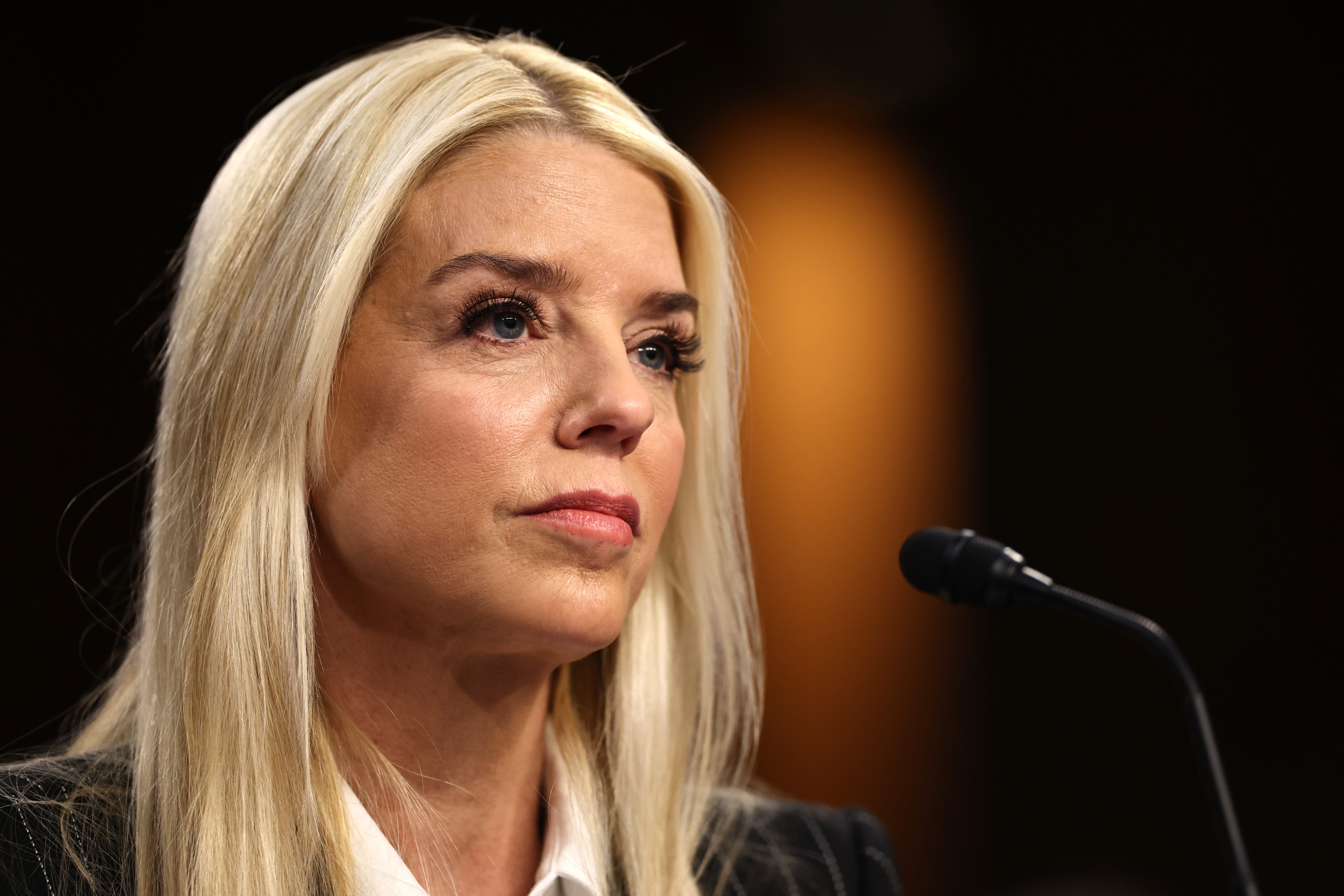The display of muscle by influential Shiite cleric Muqtada al-Sadr last Wednesday has been the most visible evidence of the political crisis in Iraq. That day, hundreds of his followers broke into the armored area of central Baghdad that houses the main state institutions and stormed Parliament in protest at the rival bloc’s proposed prime minister.
After the assault, the acting Iraqi Prime Minister, Mustafa Al Kadhimi, demanded the protesters through a message spread on social networks to withdraw “immediately” from the building. To make it clear that it was nothing more than a theatrical show of force, the congregants only did so when Al Sadr himself urged them to do so. In A text that he shared on his Twitter profile, the cleric assured that the message of entering Parliament had already been understood, that he had “terrified the corrupt”, and that it was time to pray and return home safe and sound.
A day later, Al Kadhimi described the assault as “a worrying indicator for stability and social peace” and called on all Iraqi political forces to commit to dialogue to address their differences and “pull the country out of political stagnation.” In a statement, the acting prime minister also called on all parties to understand the “critical and delicate” situation in which Iraq finds itself and to work to “prevent the country from plunging into a social or security crisis.”
Iraq is setting a new record for post-election paralysis. He has been unable to form a government almost 10 months after the last elections. The political stalemate prevents the adoption of the structural reforms that the country needs. The budgets for this year have not been approved and the deep economic crisis is becoming even more acute, despite the fact that the State obtains record income from the sale of oil.
Although the path to elect a president and appoint a new Executive had already proven to be long after previous elections, especially due to the distribution of power along sectarian lines that the country follows, on this occasion the end is still not in sight, despite the fact that they have already passed almost 300 days. The political crisis is explained by the growing internal divisions that the blocs are going through. According to the informal division of the cake, the position of prime minister is occupied by a Shia (the majority of Iraqis profess this branch of Islam); the presidency, a Kurd; and the presidency of Parliament, a Sunni.
In the last electoral process it was Sairun (Walkers), the disciplined formation led from the shadows by Al Sadr, which managed to win the largest number of seats: 73 of the 329. But they are not enough to form a government without its main Shiite rivals , most aligned with Iran. The elections, the fifth since the 2003 US invasion, were marked by widespread apathy. Turnout was just over 40%. Its celebration was brought forward in response to an unprecedented wave of protests, in October 2019, which represented an amendment to the entire political regime, to which corruption, lack of work, poor public services and foreign interference were attributed. .
Join EL PAÍS to follow all the news and read without limits.
subscribe
Unable to form a new Executive, the populist Al Sadr – who fought the US troops after the invasion – opted last June to abruptly turn the political board around and ordered the deputies of his formation to resign en bloc. The move paved the way for Tehran’s closest alliance to become the main force in the hemicycle. Nobody interpreted the gesture as a blank check, but rather as a kind of tactical withdrawal, so that if his rivals decided to name a candidate without consensus, he would not hesitate to mobilize his own.
the shadow of iran
The escalation accelerated earlier this week, when the alliance led by more pro-Iranian parties and headed by former Prime Minister Nuri Al Maliki proposed a second-rank politician, Mohamed al Sudani, as the new head of government. Al Sadr’s entourage considers this former Minister of Labor and Social Affairs a weak candidate at the mercy of Al Maliki and backed by Iran. Tehran maintains great influence in the negotiation process to form a government, often through the commander of a powerful branch of the Revolutionary Guards.
In this context, the incursion of Al Sadr’s supporters into Parliament has been largely interpreted as a message to his political rivals that he will not sit idly by if they attempt to unilaterally appoint a prime minister. Several analysts have also highlighted that the powerful cleric took advantage of the religious fervor that accompanies Ashura, the holiday in which the Shiites remember the death in the battle of Karbala in the year 680 of Imam Hussein, Ali’s son and grandson. of Muhammad. This year, Ashura falls in early August.
In addition to the disagreements within the Shiite bloc, the political paralysis that Iraq is going through is also caused by the lack of agreement between the Kurds. The two main Kurdish political formations in the country are deeply divided and have been unable to agree on a candidate for president, who under normal conditions would be the one who would then nominally propose the prime minister. One of these formations, the Patriotic Union of Kurdistan, alleges that it has held the position since 2003 and continues to correspond to it by quota of power, while the other, the Democratic Party of Kurdistan, considers that it has the right to propose its candidate because it obtained more votes in the October elections.
Follow all the international information in Facebook y Twitteror in our weekly newsletter.
50% off
Subscribe to continue reading
read without limits

/cloudfront-eu-central-1.images.arcpublishing.com/prisa/WTPSZ6XZFMU5KRUNGRNPH7K5CQ.jpg)




